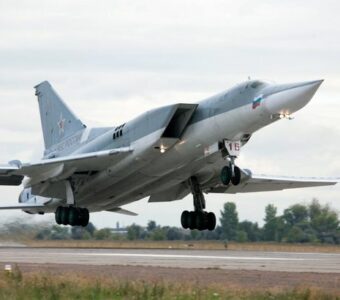russia uses Iran's tankers to circumvent oil sanctions

Photo: Getty Images
russia engages a "ghost fleet" belonging to Iran to export its oil, thus circumventing Western sanctions.
Brokers and analysts told the Financial Times in a commentary that russia lured the owners and operators of these tankers with premium rates to preserve revenues from oil exports.
"We've seen a number of vessels involved in Russian trade that previously did Iranian barrels," said Svetlana Lobaciova, a tanker analyst at shipbrokers EA Gibson in London.
According to analysts, the markup for the transportation of russian oil is at least 50% higher than the shipment of Iranian oil, and in some cases, even 100%.
At least 16 ships in the Iranian "ghost fleet" have switched to the transportation of russian crude oil over the past two months, the Financial Times research shows. This "ghost" network had allowed Iran to circumvent US sanctions.
The switch comes after new EU, and G7 sanctions came into force in December.
So-called "ghost tankers" are vessels that disguise their ownership and movement to bypass sanctions. Such flotillas allow the trading of Iranian and Venezuelan oil.
The publication notes that Iran managed to maintain or even increase crude oil exports in recent months. But competition for ships is a possible source of tension in relations between Moscow and Tehran.
The publication emphasizes that the situation with tankers is likely to worsen in the coming weeks since the EU is introducing a ban on importing diesel and gasoline from russia. It will have to send its fuel to Asia, for which russia also needs tankers.
Earlier, Rubryka reported that russia is assembling a "shadow fleet" of old tankers to bypass sanctions and deliver oil to India, China, and Turkey.
According to Western analysts, this year, russian-linked operators have acquired 29 supertankers, so-called VLCCs, capable of carrying more than 2 million barrels of crude oil, 31 Suezmax-sized tankers capable of transporting about 1 million barrels each, and 49 Aframax tankers. each of which can carry about 700,000 barrels.
The EU embargo on sea imports came into force on December 5. The ban on crude oil transportation has been activated since February 5. An EU and the Big Seven price cap of $60 per barrel prevents the largest Western insurance companies from insuring ships transporting oil from russia.






















































